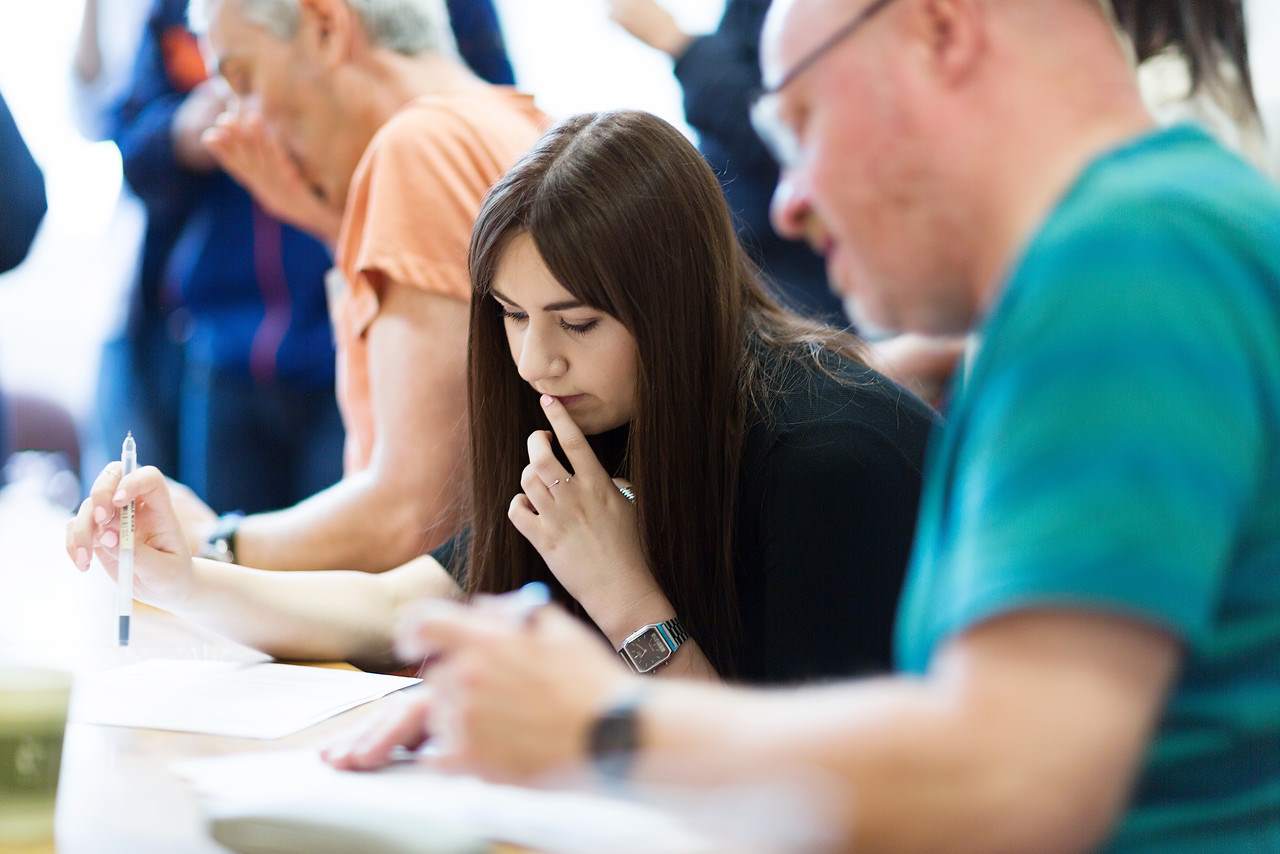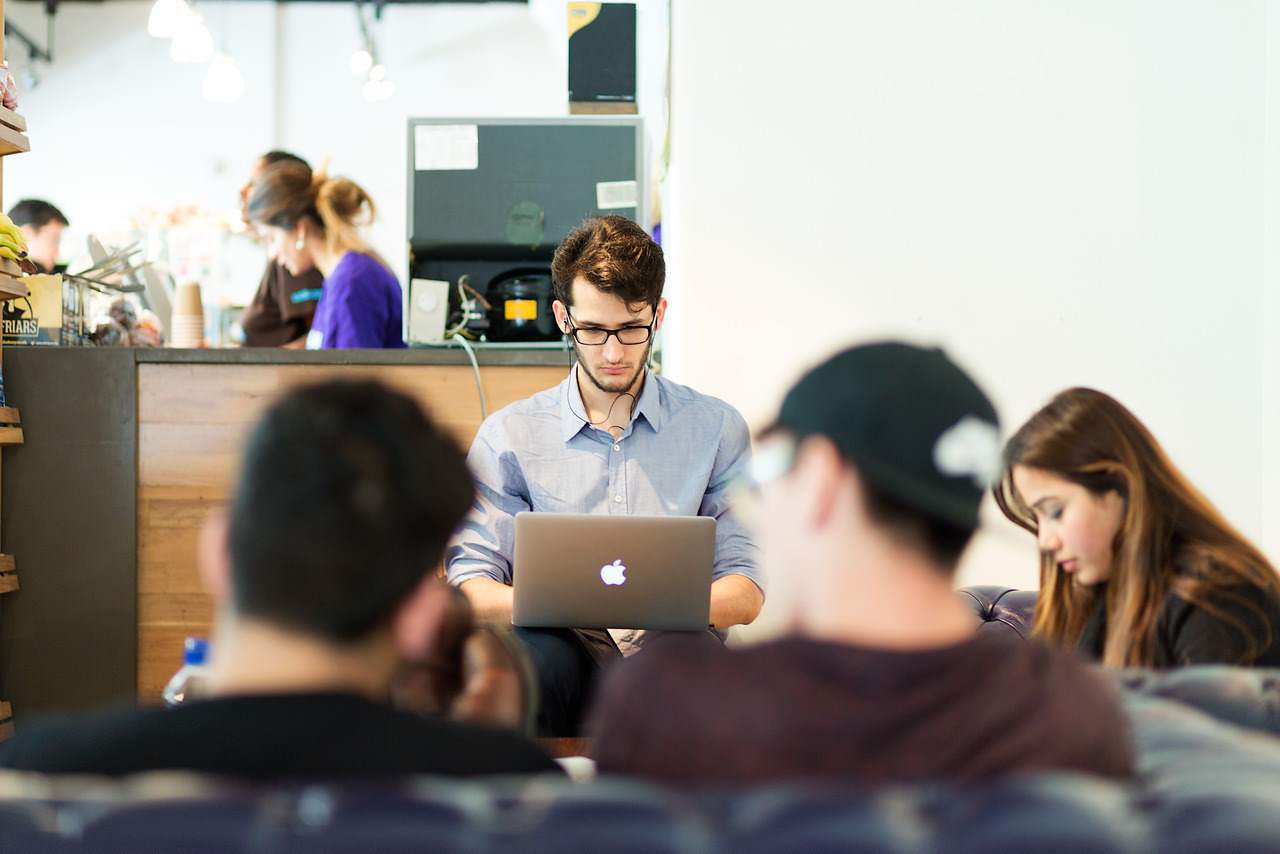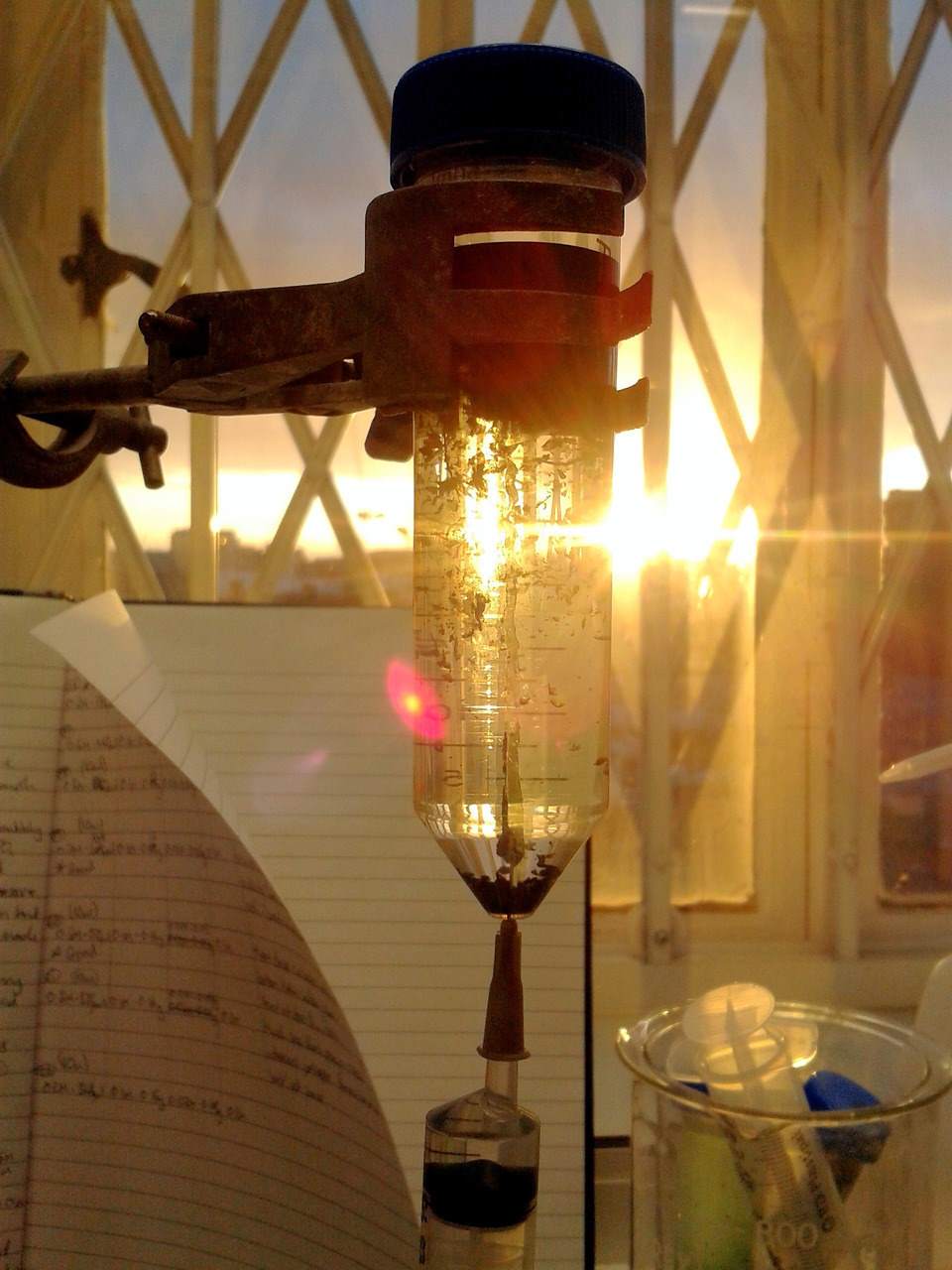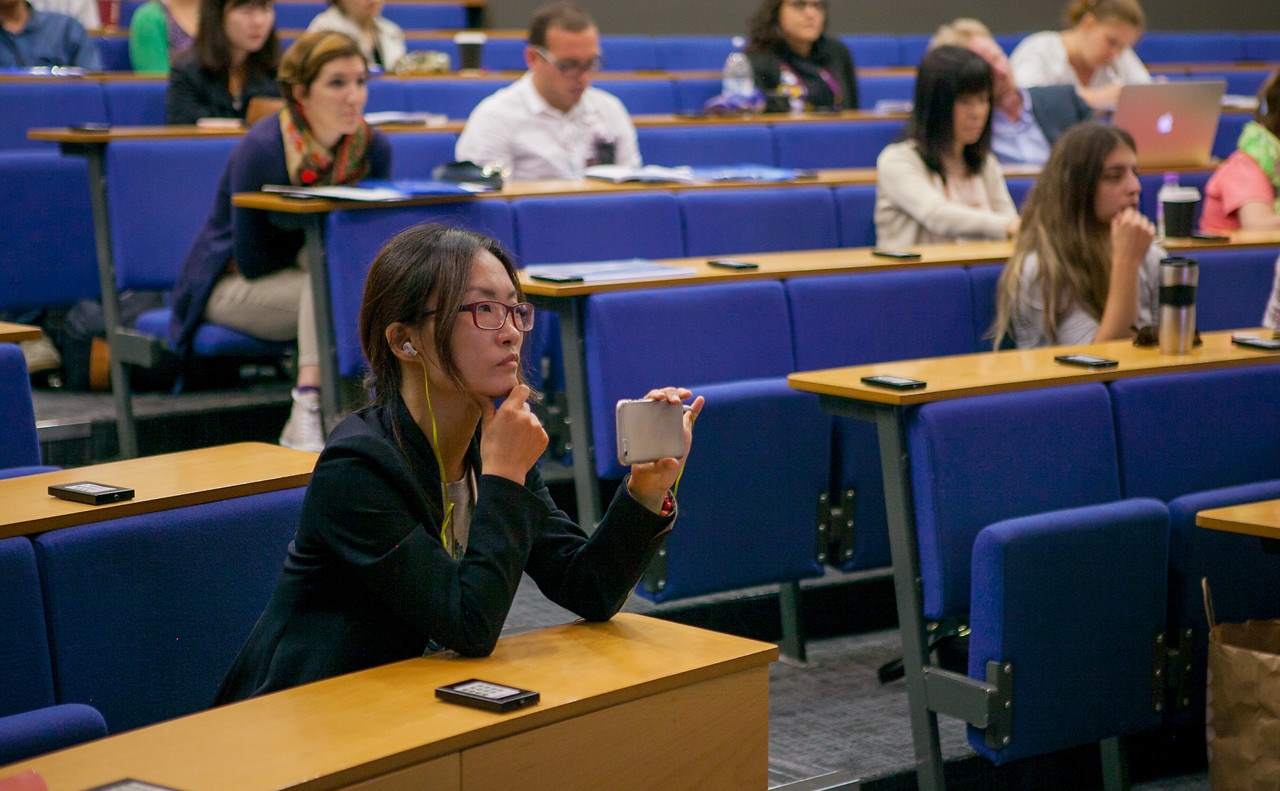Pathways to personal and public good: understanding access to, student experiences of, and outcomes from South African undergraduate higher education
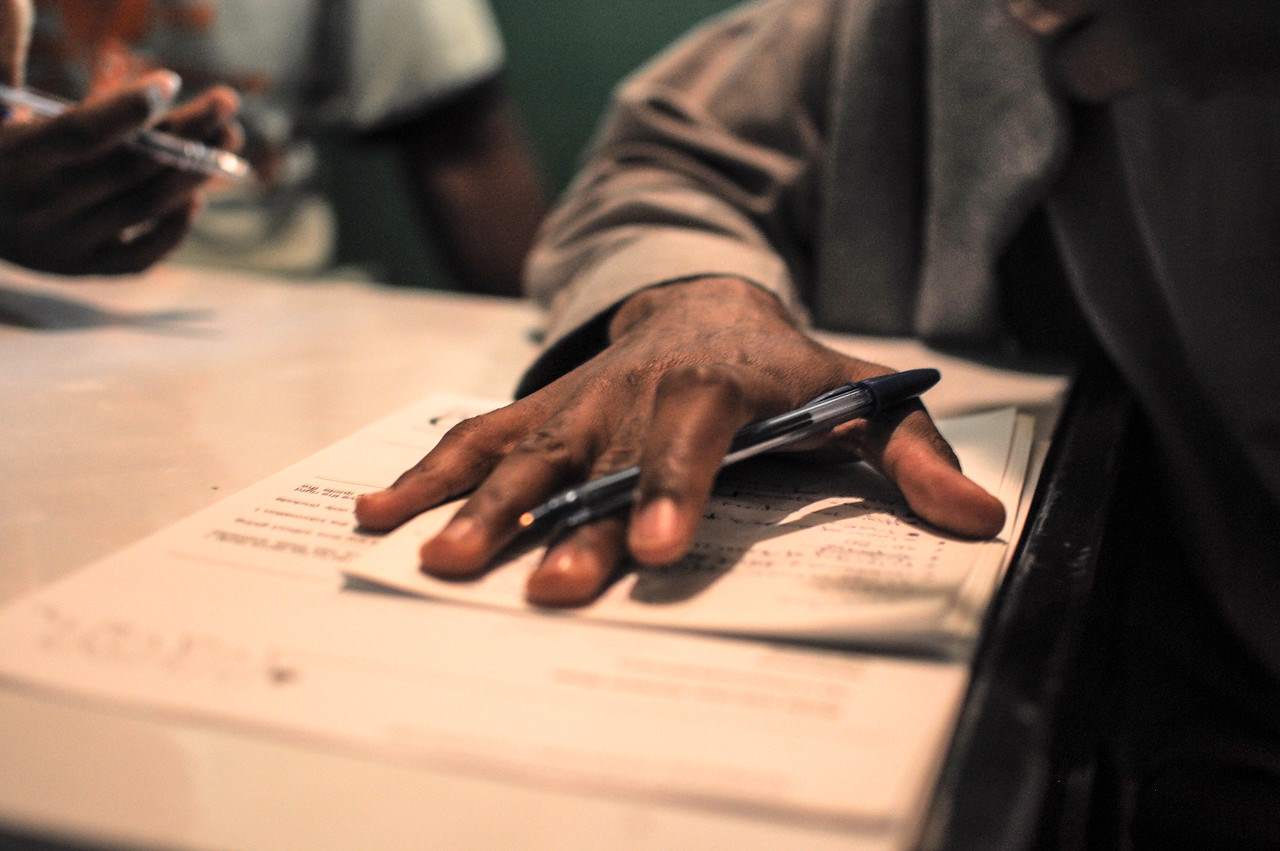
The aim of this project was to investigate the transformative impact of higher education on society, and the conditions required to enable this impact, in South Africa.
About this project
The South African government recognises higher education as having a distinctive and crucial role in building post-apartheid society and as a driver of equity, social justice and democracy. However, the precise extent and nature of the social returns of higher education remain unclear, particularly in light of contemporary global, social, and economic challenges.
The capacity of higher education researchers in South Africa to explore these impacts needs to be improved. Policymakers and university managers need resources to support the further development of higher education in ways that enhance the potential benefits of wider access to undergraduate higher education.
In order to address this, the project will:
- increase understanding of how undergraduate higher education in South Africa can most effectively contribute to the development of individuals and society;
- develop the capacity of an internationally networked group of South African higher education researchers, with a particular focus on post-doctoral researchers;
- facilitate the development of larger research scale projects that bring together consideration of access to, students’ experiences of, and the contribution made by graduates to an undergraduate education;
- produce resources to enable policymakers, managers and practitioners to further develop higher education in ways that enhance the benefits of widening access to higher education in South Africa.
Themes
The project examines the pathways from an undergraduate education to the public good in South Africa through three interlinked themes:
- access and admissions;
- students’ experiences while studying;
- the economic and social contributions made by graduates.
Policy implications
This project will help policymakers and university managers develop and widen access to undergraduate higher education in ways that enhance the potential benefits for society.
International partners
This project is an international centre partnership between CGHE and a cluster of National Research Foundation (NRF) projects in South Africa located at the University of Cape Town, Rhodes University and the University of the Free State. It brings together leading and emerging higher education researchers from South Africa, the UK and internationally.
The project builds and extends the work that is being undertaken in the CGHE project Knowledge, curriculum and student agency.
Other relevant CGHE projects include:
- Transformative potential of MOOCs and contrasting online pedagogies
- Local and global public good contributions of higher education: a comparative study in six national systems
The partnership also builds on four NRF-funded research projects, with principal investigators on these projects all taking theme leader roles:
- NRF Chair in HE and Human Development (PI Professor Melanie Walker, University of the Free State)
- NRF ERSA Social Inclusion in Higher Education (PI Professor Sioux McKenna, Rhodes University)
- NRF CSUR Teaching and Learning across a differentiated Higher Education sector (PI Professor Sioux McKenna, Rhodes University)
- NRF CPRR Getting to graduateness: A close-up social realist study in science and engineering (Professor Jenni Case, University of Cape Town)
These four NRF projects span important dimensions of the present research question – from broad issues around development (Walker), to detailed work on access and the teaching and learning environment (McKenna), through to close-up work on graduateness (Case).
Admissions theme
Focus
Work in this theme involves a multi-level analysis through the interrogation of existing policy documents, empirical studies and existing datasets to explore the interaction of government policy, regulation and funding; institutional policies and practices; and individual student choices. A focus of the study is to capture the changing and contested meanings around identifying the legitimate subject of alternative admission policies, and underlying conceptions of social justice.
Research questions
- What are the changing patterns of access to HE by type of institution, field of study, and level of degree? To what extent have historical inequalities in access been addressed and what new ones are emerging, including those related to wider societal changes such as new patterns of immigration?
- What are the effects of government policy on access to and participation in higher education? How is this mediated by organisational policies?
- What are the socio-economic drivers of educational success prior to HE? How do we account for patterns of student choice?
- What lessons can be drawn comparing the UK and SA public and organisational policies for widening participation?
Data sources
We will use data from:
- two existing NRF studies (the ‘Social Inclusion’ project and the ‘Institutional Differentiation’ project, both based at Rhodes University);
- projects on equitable access and capabilities based at the Centre for Higher Education and Human Development at the University of the Free State
- and a CGHE project HE choices and post-HE destinations to age 25: parental background and effects of higher education funding reform in the UK
In addition, we will use statistics including HESA statistics, the Council for Higher Education’s vital statistics and reports and institutional admission policy documents.
Student experiences theme
Focus
Research from a range of contexts suggests that, although undergraduate students’ experiences at university can be individually and socially transformative, such potential is not always fulfilled.
A number of critical dimensions have been identified:
- the need for students to have a sense of belonging in their institutions;
- the need for curricula to be designed to support students’ personal engagement with disciplinary and professional knowledge;
- the need for students to experience teaching and teachers that are both supportive and set high standards.
However, the means to create teaching and learning environments that support these dimensions is less clear. We also need to develop better understandings of how to provide non-traditional students with more equal access to disciplinary and professional knowledge and the role of students’ wider university experiences in these transformative processes.
Research questions
- What pedagogic, curricula, and social elements are needed to construct undergraduate experiences that are personally transformative for all students?
- How might such experiences prepare students to engage in social transformation?
Data sources
Data from two existing NRF studies (the ‘Social Inclusion’ project and the ‘Institutional Differentiation’ project) and two CGHE projects (Knowledge, curriculum and student agency and the The transformative potential of MOOCs and contrasting online pedagogies) will inform much of the work of this sub-theme.
In addition, supporting evidence from potentially informative studies currently being conducted elsewhere in the region will be used. For example:
- data from an ESRC–DFID funded project investigating the relationship between HE pedagogy and critical thinking in Kenya, Ghana and Botswana;
- data from a project on the student experience at University Cape Town and Makerere University (Uganda) on the relationship between student engagement and citizenship competences;
- data from a Department of Higher Education Training Grant examining the implementation of the Flexible Degree policy in four South African universities (University of Cape Town, University Fort Hare, University of Johannesburg, and Cape Peninsula University of Technology);
- and data from an ESRC Project on Pedagogic Quality and Inequality in UK undergraduate degrees in Sociology.
Graduates theme
Focus
Within the broader partnership focus on the transformative potential of higher education this theme focuses in on the contribution that graduates might make to society. The theme allows for this question to be explored across the geographical contexts of the UK and South Africa, with some extension into other African contexts.
In some respects these are significantly different HE contexts, especially in terms of the size of the system, the degree of youth participation and funding mechanisms – yet the challenges faced with regard to the role of HE in society are sufficiently similar to suggest value in a comparative approach.
Research questions
- What are the destinations of HE graduates, in terms of employment, further study and broader life trajectories, and how have these changed in recent times?
- In what ways do graduate employment trajectories depend on social background, institution, discipline, and national context?
- How do graduates themselves perceive, interpret and evaluate these trajectories in relation to their aspirations and commitments?
- In what ways are graduates’ broader life trajectories influenced by their experiences of HE – again, how does this differ across the contexts of social background, institution, discipline, and national context?
Data sources
At a broad level, the study will draw from a wide range of statistical data that already exists on graduate employment and graduate trajectories. This will be complemented by work that explores at a more micro level individual narratives of graduates, the opportunities and constraints they face, the choices they make, and to what extent it is the transformatory potential of their HE experiences that has shaped these trajectories.
Specifically, the data sources and findings that will be drawn on include a HESA study on 2002/3 cohorts of SA graduates; CHEC study on Western Cape 2010 cohorts; interview data from NRF project Getting to Graduateness; graduate survey data from Brazil (CES, ENADE and RAIS analyses); graduate survey data from a British Council study (Kenya).
Team
Publications
- Ashwin, P. and Case, J. (in press, 2020). Undergraduate education in South Africa: To what extent does it support personal and public good? In C. Callender, W. Locke and & S. Marginson (eds.), Changing Higher Education for a Changing World. London: Bloomsbury.
- Ashwin, P. and Case, J. (eds.). (2018). Higher Education Pathways: South African undergraduate education and the public good. Cape Town: African Minds.

